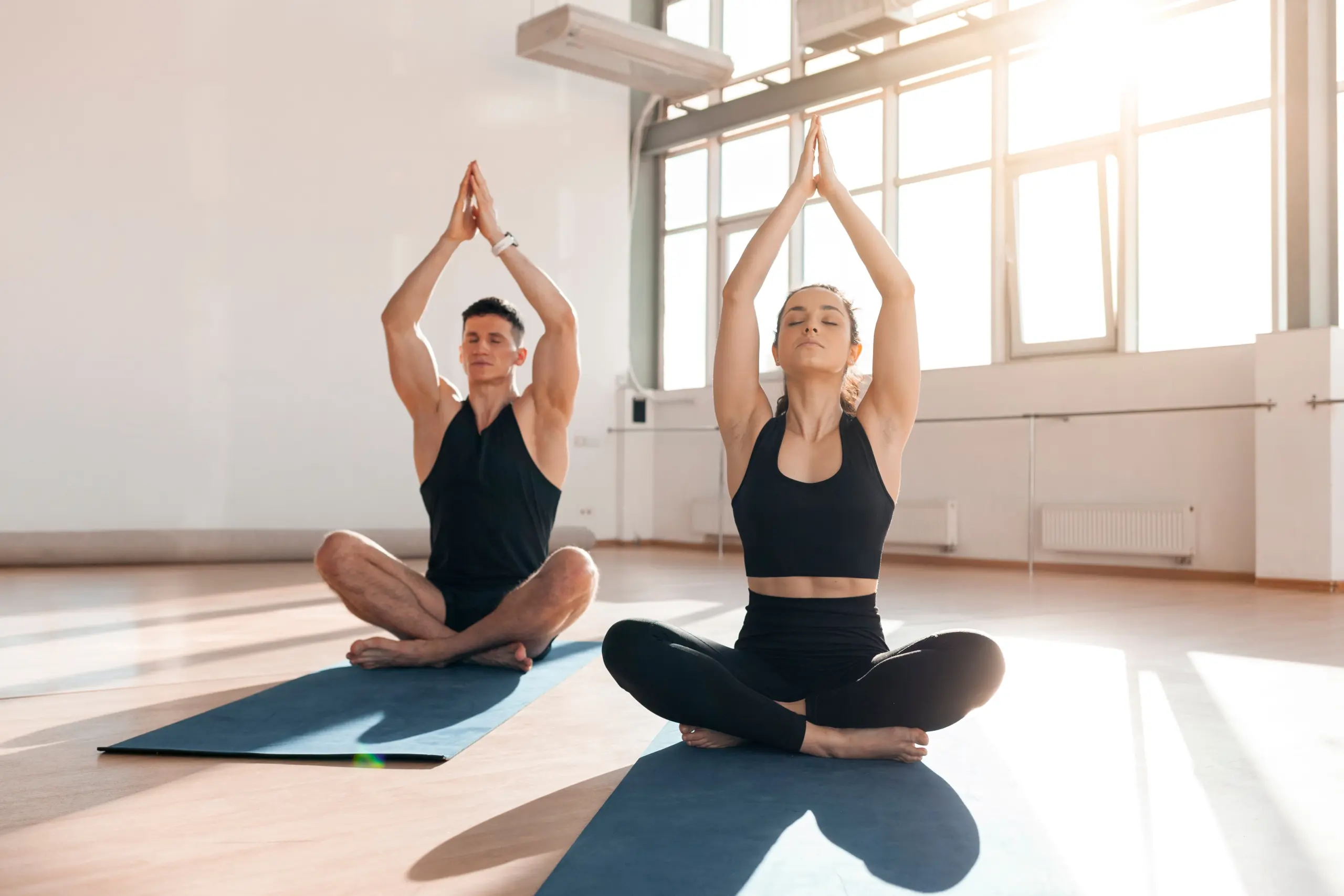Yoga
Mindful Movement for Holistic Recovery
At Casa Leona Treatment Center, our yoga for addiction recovery program combines mindful movement, breathwork, and meditation to promote physical health, emotional balance, and spiritual grounding. This holistic practice supports individuals in managing stress, improving focus, and building resilience throughout their recovery journey.

Embrace Mindfulness as a Path to Healing
What is yoga for addiction recovery?
Yoga therapy blends purposeful movement (asanas), conscious breathing (pranayama), and guided mindfulness to promote mental clarity and emotional balance. Within addiction and mental health treatment, this integrative practice helps reset the nervous system, lower stress, and develop self-awareness—key foundations for long-term sobriety and resilience.
Benefits of yoga during rehabilitation
- Reduces anxiety, depression, and emotional reactivity
Enhances flexibility, circulation, and physical strength
Supports mindfulness, confidence, and self-esteem
Builds awareness of internal emotions and physical sensations
Promotes deep relaxation and improved sleep
By combining body awareness with breath control, yoga creates space for stillness, reflection, and transformation—on and off the mat.
How yoga complements traditional treatment
Yoga is fully woven into each client’s personalized treatment plan at Casa Leona. This trauma-informed practice helps individuals reconnect with themselves, build resilience, and learn to regulate emotions naturally—forming a vital part of their recovery experience.
A Safe Path to Emotional and Physical Reconnection
Dual Diagnosis Support
Stress and Anxiety Relief
Rebuilding the Mind-Body Connection
Daily Balance and Resilience
A Centered Approach to Recovery
Why choose Casa Leona’s yoga program
At Casa Leona Treatment Center, we offer yoga as part of our holistic care philosophy. Our sessions are guided by experienced instructors who understand the needs of those in recovery—creating a space where clients feel supported, seen, and empowered.
